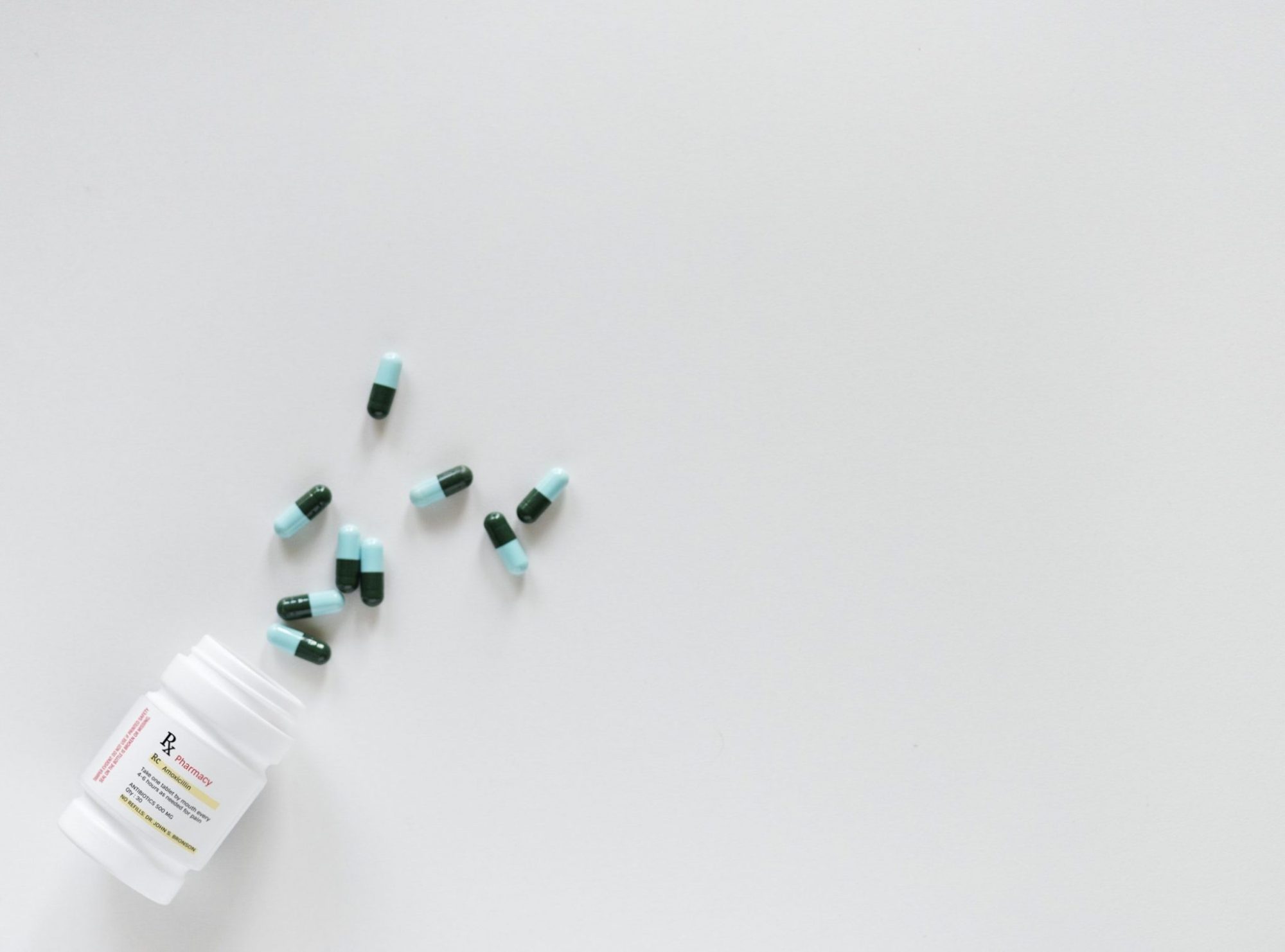Guest post by William Wayland of Powering Through Performance Centre.
BCAAs are present in any good source of protein, the anabolism overplayed, Glutamine was going to going to make us buff, then heal our guts, but the evidence failed to appear. High doses of Vitamin C were going to give us super immune systems and it just gave us diarrhoea. Antioxidants were going to speed our recovery and help us live forever and speed recovery and it just turned out it was blunting recovery. Meanwhile a steady and large body of research was gathering around a widely available supplement often gathering dust in cupboards the world over, that supplement is creatine. And it is back to protect our brains.
Another creatine article! That’s right, humble creatine is a supplement that just won’t go away. Creatine monohydrate is the most effective ergogenic nutritional supplement currently available. It is one of the most widely studied and one that seems to increasingly expand its scope of application. Creatine monohydrate supplementation safe, but has been reported to have a number of therapeutic benefits in healthy and diseased populations ranging from infants to the elderly. The studies in the elderly and its application in cognitive illness are of particular interest as its way out side of the scope of use for what has long been traditionally a sports & bodybuilding supplement.
At present, creatine monohydrate is the most extensively studied and clinically effective form of creatine for use in nutritional supplements in terms of muscle uptake and ability to increase high-intensity exercise capacity.
The benefits of creatine supplementation with training include increased muscle creatine and PCr content, lean body mass, strength, sprint performance, power, rate of force development (RFD), and muscle cross sectional area. This is thanks to its effect on satellite cell proliferation and mTOR signalling which all affect protein synthesis. In long-term studies, subjects taking CM typically gain about twice as much body mass and/or fat free mass (i.e., an extra 2kg of muscle mass during 4 to 12 weeks of training) than subjects taking a placebo! In more recent research creatine supplementation demonstrates potential as a neuroprotective both before and after traumatic brain injuries. In particular, creatine may have potential as a pre-emptive neuroprotective against traumatic brain injury and subconcussive injury in high-risk populations such as collision athletes. Further prospective research has been conducted into areas as diverse as pregnancy, adolescent depression and fibromyalgia.
“The quickest method of increasing muscle creatine stores may be to consume ~0.3 g/kg/day of creatine monohydrate for 5–7-days followed by 3–5 g/day thereafter to maintain elevated stores. Initially, ingesting smaller amounts of creatine monohydrate (e.g., 3–5 g/day) will increase muscle creatine stores over a 3–4 week period, however, the initial performance effects of this method of supplementation are less supported.
Clinical populations have been supplemented with high levels of creatine monohydrate (0.3 – 0.8 g/kg/day equivalent to 21–56 g/day for a 70 kg individual) for years with no clinically significant or serious adverse events.” ISSN
Habitual intakes of 3g a day have also been suggested and doses up to 30g a day for 5 years being tolerated with no ill effects.
Despite attempts by supplement companies to reinvent the wheel and push novel suspensions of creatine and or additives such as various carbohydrate mixtures it seems standard monohydrate powder is good enough. Monohydrate powder is also the most clinically researched form as well.
There was for a time concern about caffeine / creatine interaction despite working via very independent mechanism. The worry was about GI interaction and absorption of creatine in presence of caffeine. It appears for the most part such worries are unfounded.
Weight gain is another area of consternation over creatine consumption; it seems this facet is somewhat idiosyncratic. Creatine can cause a gain in water weight via retention, how much is part of responsibility of the individual to track. I make sure fighters track their bodyweight while initially consuming creatine. Something I’ve known athletes to do to stymie this effect is consuming of high strength caffeine supplements to offset this. Quoting examine.com citing 2 studies that tracked caffeine and creatine interactions, when consumed with caffeine which obviously has diuretic qualities “There do not appear to be inconsistencies in water weight gain from creatine supplementation. Either all subjects gain weight or none do. No between group differences seem to exist.”
It’s easy to suggest creatine may well be an overplayed supplement, there is little buzz around it as it has been with us for some time. It is however quickly going from being supplementary to dare I say potentially a essential nutrient. The knowledge base continues to expand and we may well find out much more about his humble supplement.
https://examine.com/nutrition/does-caffeine-counteract-creatine/
